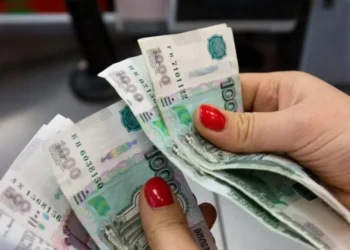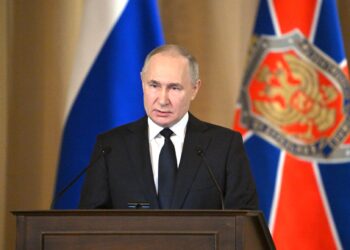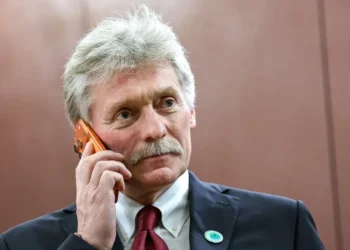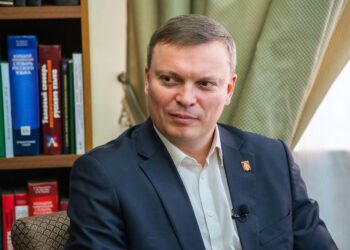MOSCOW (Realist English). Roszdravnadzor has issued a draft order authorizing the repair of imported medical equipment with non-original spare parts and components.
Medical institutions will be able to do this legally from September 1, 2023. Now, domestic manufacturers are able to cover no more than 30% of the medical equipment market. The vast majority of CT, MRI and ultrasound equipment is manufactured in Europe, the USA and Asia. Maintenance services are difficult because they involve the procedure of exporting out-of-order equipment abroad to unfriendly states, where the equipment can simply be blocked or denied service.
It turns out that it was possible. And the stories about how everyone will die without original spare parts – was it just a marketing ploy? In medicine, in fact, reverse engineering (industrial copying, equipment and components) has been legalized.
Note that the first swallow that encroached on foreign intellectual property was not Roszdravnadzor, but the Ministry of Transport. In October 2022, it was allowed to use non-original imported spare parts for the repair of civil aircraft. And in November, the Aeroflot even matured to their autonomous certification and independent (from foreign partners) maintenance. In order to support the airworthiness of the “sub-sanctioned” fleet, a competence center was created that provides design support and operation services: the center normalizes the admission of non-original fuels and lubricants and “alternative” components.
Similar regulations and competence centers are required for all other sectors of the economy as well. The most acute problem is in the transport industry, where production resources for reengineering and industrial restoration of machine parts have long existed, but there is no regulatory framework and legal grounds for the work of such companies. There are even no corresponding OKVED** codes for enterprises engaged in restoration. Last year, the largest industry associations, the Union of Transport Workers of Russia and the Union of Car Services, demanded that the Government legalize the parts restoration industry. The issue has not been resolved yet. The situation is similar in the machine tool industry, in the energy sector, and on the railways. But there are also microelectronics, unmanned aircraft, biotech…
If the government is afraid to “blow against the wind” and adopt a law on the status of unfriendly intellectual property, then the scenario implemented by the Aeroflot is quite a way out of the situation. Diplomatically and carefully, without challenging legislative reform, such competence centers are quietly being created under industry consortia, and voila: in a couple of years, the country will receive a meaningful reverse engineering industry. Moreover, made not somewhere in the garage, but quite at a decent level, with its own internal quality control and certification system.
* The Federal Service for Supervision in the Field of Healthcare is the federal service of the Russian Federation that performs functions of control and supervision in the field of healthcare.
** All-Russian classifier of types of economic activity


















